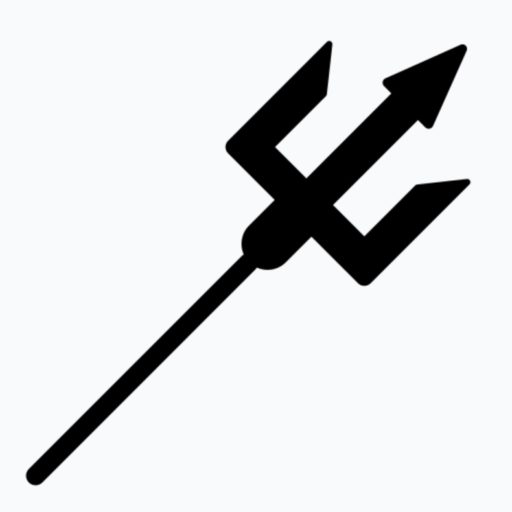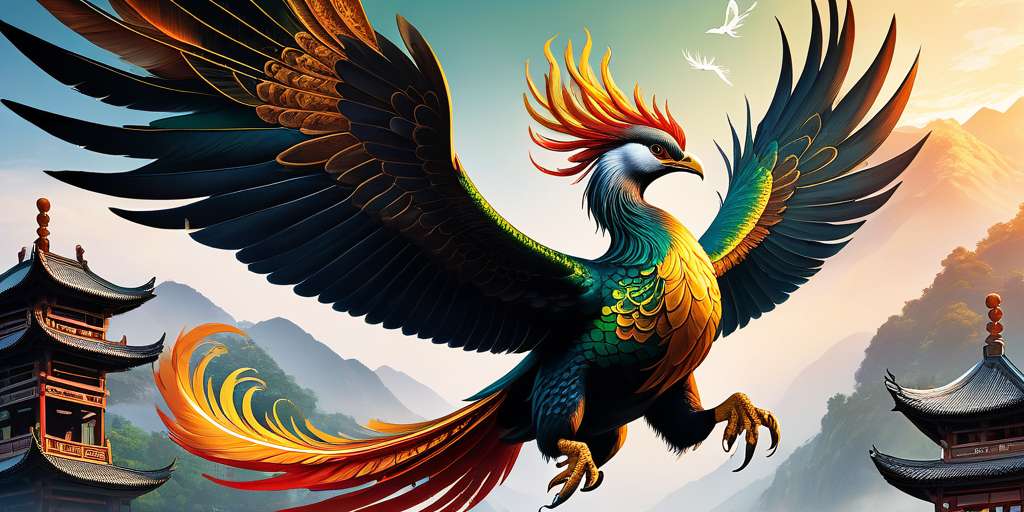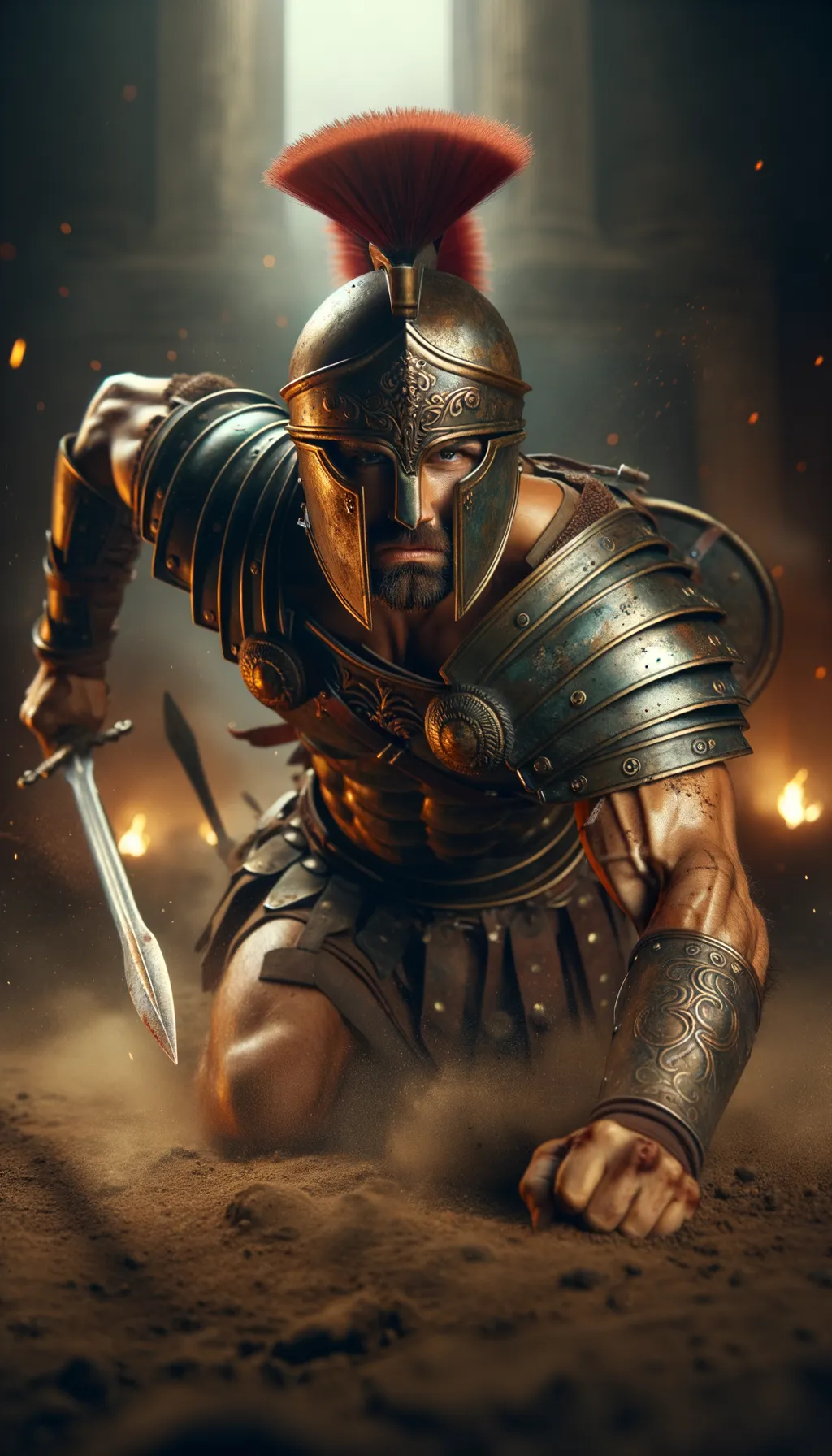The Fenghuang, also known as the Chinese phoenix, is a mythological bird that has played an important role in the country’s culture for thousands of years. It represents the union of yin and yang, symbolizing virtue and grace. In addition, there is also a village called Fenghuang, considered the most beautiful village in China, known for its hanging houses and iconic bridges. In this article we will explore the history and symbolism of Fenghuang and walk through Fenghuang village.
Origin and history of Fenghuang
The origin of the Fenghuang dates back more than 7000 years in ancient China. It is believed that it could be a mythological representation of an ancient prehistoric bird of the country. Over time, the Fenghuang acquired a special relevance in different Chinese dynasties and cultures.
The Fenghuang and its relationship with the dragon
In Chinese mythology, the Fenghuang is closely linked to the dragon, another important symbol of Chinese culture. Representing complementary opposites, the dragon symbolizes male power, while the Fenghuang represents a powerful female figure. This union symbolizes harmony and balance in the universe.
Fenghuang as a symbol of power and loyalty
For the ancient Chinese, the Fenghuang was a symbol of power and loyalty. During the Han dynasty, it was used to represent the south and the union between the eastern and western tribes of China. It was considered the companion of the dragon, symbol of the emperor, and represented the divine power sent from the heavens to the empress.
In ancient China, the presence of the Fenghuang in a house symbolized the loyalty and honesty of the people who lived there. Its appearance was associated with the absence of corruption and darkness in government, reflecting the ideals of virtue and good governance.
Characteristics and symbolism of Fenghuang
The Fenghuang, also known as the Chinese phoenix, has unique characteristics that distinguish it in Chinese mythology. The form of the Fenghuang is described as a majestic bird with outstretched wings and sharp claws, in full attack against snakes. Its appearance is an amalgam of different birds, with the beak of a rooster, the face of a swallow, the forehead of a fowl, the neck of a snake, the breast of a goose, the back of a turtle, the quarters of a deer and the tail of a fish.
Meaning of each body part of the Fenghuang
Each part of the Fenghuang’s body symbolizes celestial elements and cosmic representations. Its rooster beak represents the sun, its swallow face represents the moon, its fowl forehead represents the wind, its snake neck represents the earth, its goose breast represents the planets, its turtle back represents the sky and its deer quarters represent harmony in nature.
Colors and their symbolism in Fenghuang feathers
Fenghuang feathers contain the five elemental colors: black, white, red, green and yellow. Each color has a symbolic meaning in Chinese culture. Black represents water and protection, white symbolizes metal and purity, red represents fire and good fortune, green symbolizes wood and growth, and yellow represents earth and prosperity.
Fenghuang Village
Fenghuang Village, considered one of the most beautiful villages in China, captivates visitors with its historical charm and natural beauty. Located on the banks of the Tuo River, this picturesque village offers a unique experience amidst breathtaking scenery and rich culture.
Location and characteristics of Fenghuang village
Fenghuang village is located in Hunan province, in central China. Its remote location has allowed it to maintain its authenticity and preserve its traditional architecture. Its hanging houses, known as ‘diao jiao lou’, are one of its main distinguishing features. These amazing constructions are supported on wooden pillars and extend over the river, creating a unique and picturesque image.
Fenghuang’s iconic hanging houses and bridges
Fenghuang’s hanging houses are true architectural gems. Their intricate designs and colorful facades are a testament to the town’s rich history and culture. Strolling through the narrow cobblestone streets and admiring these unique structures is like taking a trip back in time.
- Hong Bridge is one of Fenghuang’s iconic bridges. With its stone arches and ancient lanterns, this bridge provides a breathtaking view of the river and the hanging houses. It is a perfect place to immerse yourself in the historical atmosphere of this beautiful town.
- Fenghuang Bridge is another highlight of the city. Connecting the two banks of the Tuo River, this pedestrian bridge offers panoramic views of the surrounding landscape and is a popular place to take photographs.
Day life and night life in Fenghuang Village
During the day, the town of Fenghuang is quiet and peaceful, allowing visitors to enjoy a relaxed atmosphere while exploring its cobblestone streets. You can visit the many museums and temples, such as the Ancient Town Museum, where you can learn about the history and culture of Fenghuang.
But it is at night that the town of Fenghuang comes alive. The streets are illuminated with neon lights and music fills the air. Bars and restaurants offer live entertainment and a great selection of local dishes. Enjoying Fenghuang’s lively nightlife is a unique experience not to be missed.
How to get to Fenghuang
If you are planning to visit the charming town of Fenghuang, there are several transportation options that will allow you to reach this beautiful destination from different nearby cities. Here are some alternatives for you to choose the one that best suits your needs:
- From Chengdu: You can take a train from Chengdu to the city of Huaihua, which is relatively close to Fenghuang. Once in Huaihua, you will have the option to continue your tour by bus or cab to Fenghuang town.
- From Guilin: If you are in Guilin, another option is to take a bus or cab to Fenghuang. Although the journey may be a little longer than from other cities, it will allow you to enjoy the beautiful scenery of the region along the way.
- From Zhangjiajie: If you are in the nearby city of Zhangjiajie, you can also reach Fenghuang by bus or cab. This route will give you the opportunity to appreciate the natural beauty of the area on your way to the village.
Life is made of contradictions and the search for balance. On this T-shirt, the dragon’s struggle with the Fenghuang represents precisely that dichotomy.
Subscribe
If you want to receive in your mailbox stories, curiosities and legends of the most fascinating creatures of classical mythology just fill in this form.
Continue reading
If you liked this article, you like mythology. And in this case, we have much more to offer you. Discover new adventures, heroes, nymphs, gods, battles, teachings… Just click on the button.
mitologiaclasica.com is a website dedicated to explore and spread the fascinating richness of mythology, offering a vast compendium of stories, characters and legends.
Explore
Greek Mythology
Roman Mythology
Norse Mythology
Egyptian Mythology
Hindu Mythology
Chinese Mythology
Japanese Mythology
Celtic Mythology
Privacy Policy
Privacy Policy
Copyright mitologiaclasica.com


